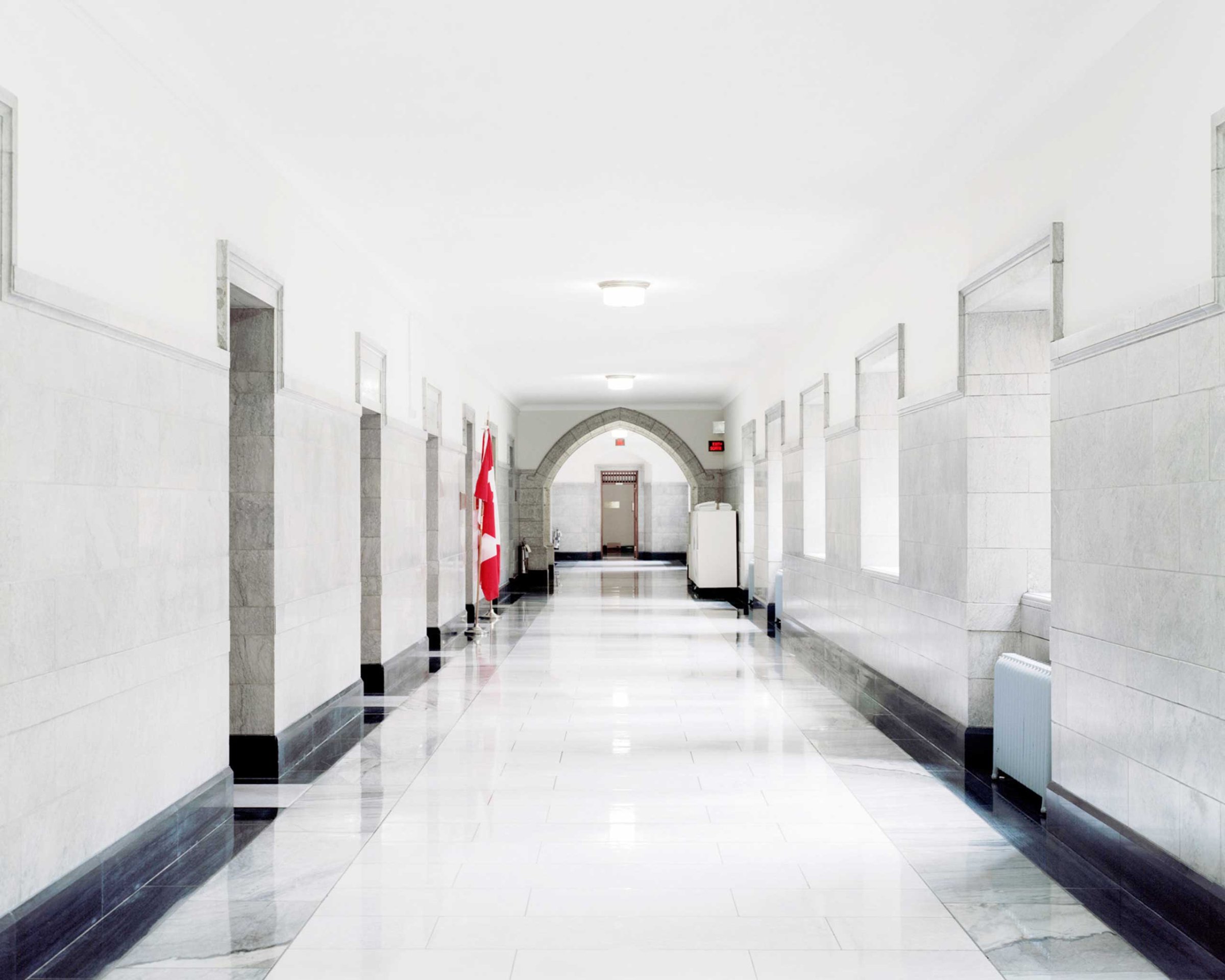
Following last year’s attacks at Ottawa’s National War Memorial, Canada’s conservative Prime Minister Stephen Harper introduced a sweeping anti-terrorism act that would extend the powers of the country’s surveillance and policing bodies.
Civil liberties organizations, from Amnesty International to the National Council of Canadian Muslims, have opposed the draft legislation, calling for it to be withdrawn.
For local photographer Tony Fouhse, these events are just the latest to tarnish the idyllic image Ottawa’s tourism board has worked hard to showcase. Already between 2007 and 2010, Fouhse portrayed the capital’s narcotic addicts, forcing people to recognize that less fortunate ones shared their “hospitable” streets.
“Because I like doing things that stand in contrast to one another, I wondered who the opposite of drug users were,” he tells TIME. “They are the disempowered, so it made sense to look at the powerful. Ottawa being the country’s seat of government, I wondered how it manifested itself throughout the city,” explains the 61 year-old who has been working on the series Official Ottawa since 2013.
He drew up a list of places and people he felt embodied power: the Department of National Defense, the Royal Canadian Mounted Police headquarters, the residence of the Prime Minister, parliament, civil servants, official mascots. He walked through the city with his 4×5 camera to reveal the idiosyncrasies that exists when memory, heritage and authority congregate, like a non-descript sign pointing towards “war” – shorthand for the Canadian War Museum – or pastoral flower blossoms in front of the secret services’ offices. He tried different avenues to get in the Conservative Party building – to no avail, no one would grant him permission – until he realized, that his standing outside looking up at this monolith structure would be a far better portrait than a picture taken from the inside.
“The core of the city is occupied by the federal government and its associates,” he says. “It colors our everyday experiences in ways that we’re barely aware of. Most of the time, we’ll only consider our environment if it’s magnificent. Ottawa doesn’t have that. It’s not Rome or Paris. It’s not grandiose. It’s grey sensibleness,” remarks Fouhse who has been living in the city for the past three decades.
At a time when most media outlets are looking for the sentimental and the sensational, Fouhse’s images are oddly quiet; dull moments frozen in time, unremarkable frigid monuments exalted on film. Yet, a sinister tension prevails. Now, in the aftermath of the October shootings and ahead of a vote that may see Canada beef up its national security apparatus, his photos strike as foreboding.
“If you pay attention to the peripheral, you might notice things that you wouldn’t otherwise,” he says. “What you’re doing in that case, is trying to go behind, beyond the public image to see what lurks in the shadows.”
Fouhse wants to compel others to do the same; to, in his own words, “take a step back and to the left.” He intends to share his offbeat view of Canada’s capital through a free newspaper-like publication, for which he is raising funds via Kickstarter. He hopes that people waiting for their turn at the dentist or going about their daily commute might stumble upon it, pick it up and be nudged to look at their surroundings a little differently.
“Official Ottawa is too quiet to be an act of civil disobedience,” he says. “In fact, I’m not even sure that art can have that power nowadays. It’s more of a social service announcement, an antidote to the tax-funded Harper-distributed propaganda.”
Tony Fouhse is an editorial and commercial photographer based in Ottawa, Canada.
Laurence Butet-Roch is a freelance writer, photo editor and photographer based in Toronto, Canada. She is a member of the Boreal Collective.
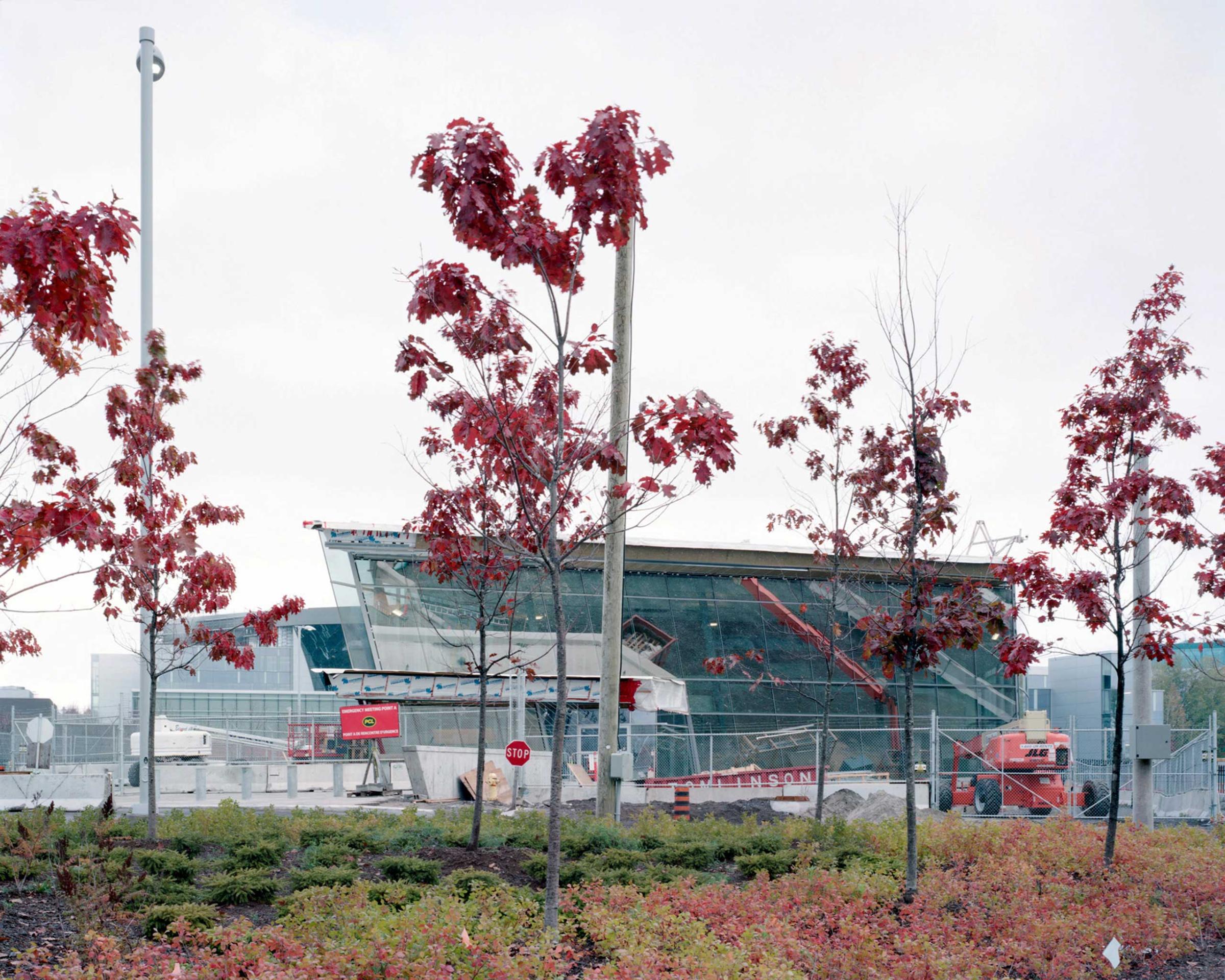
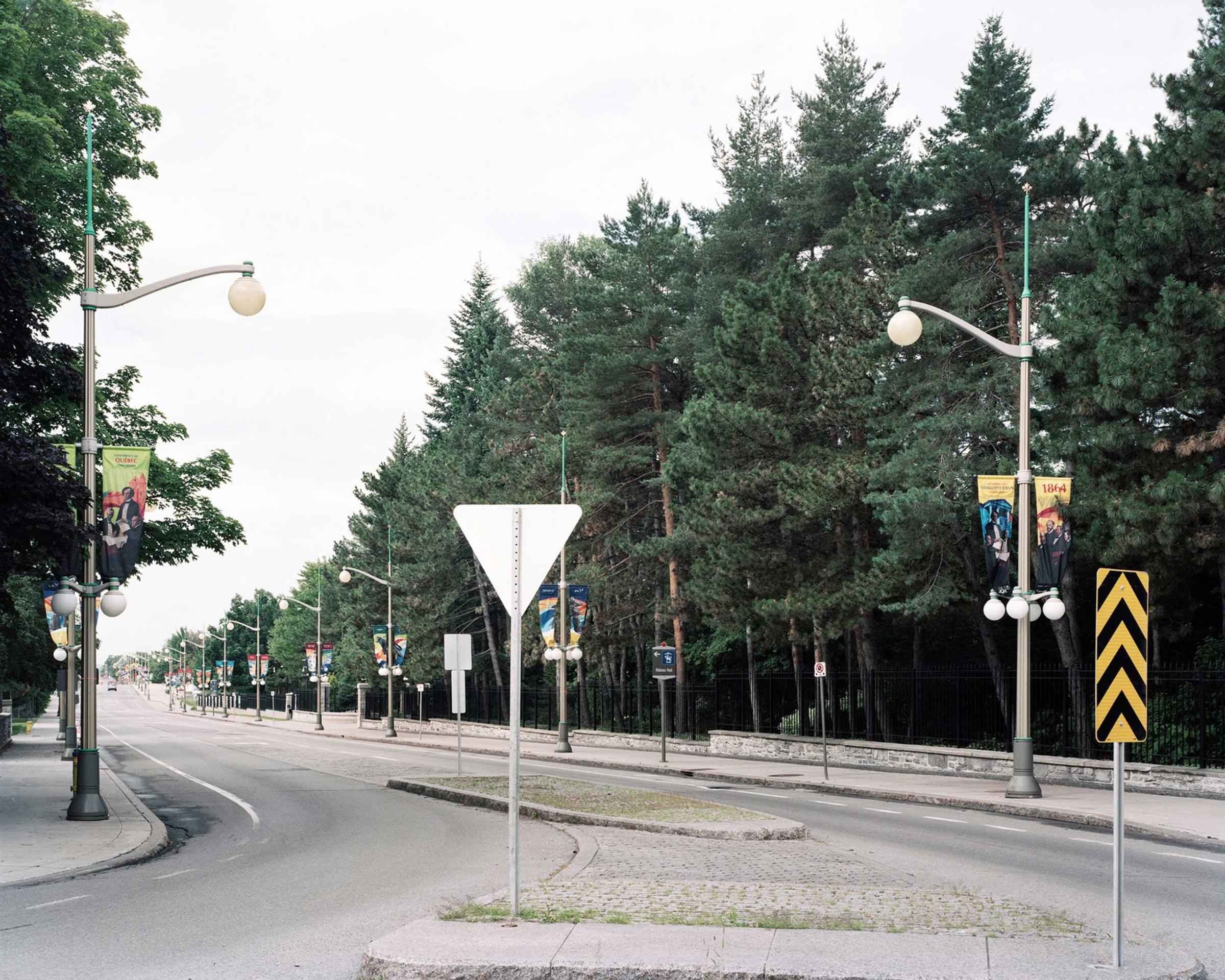
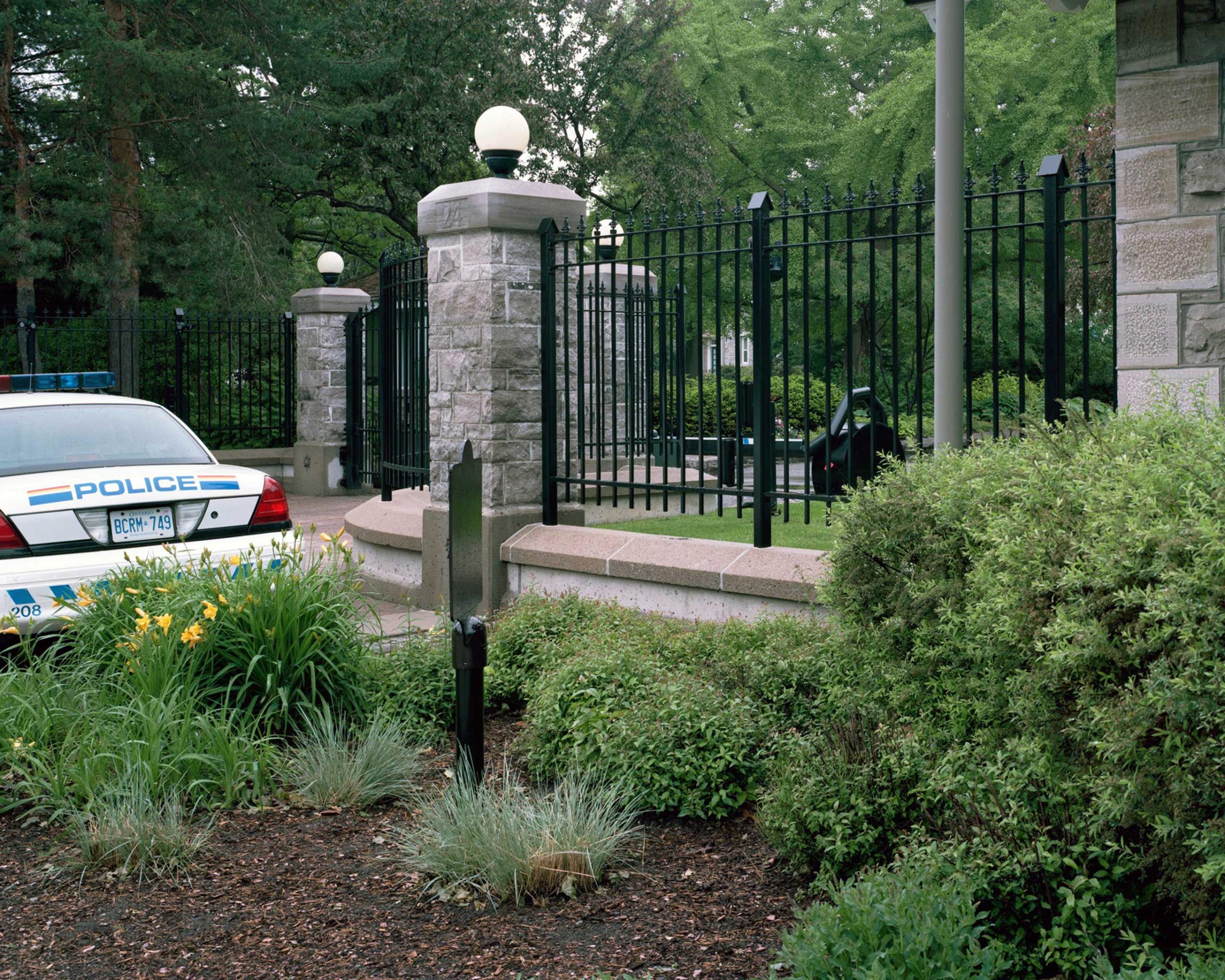
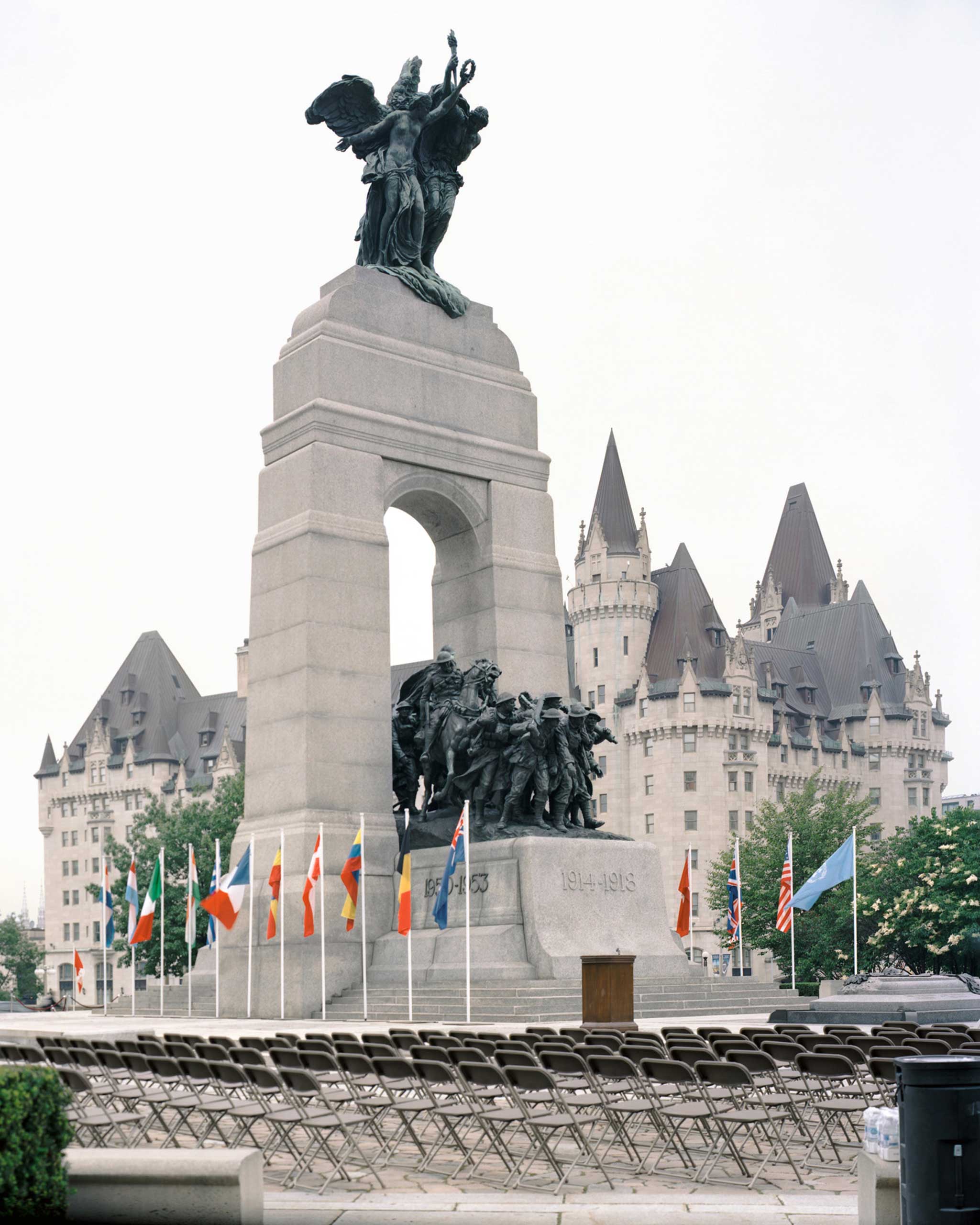
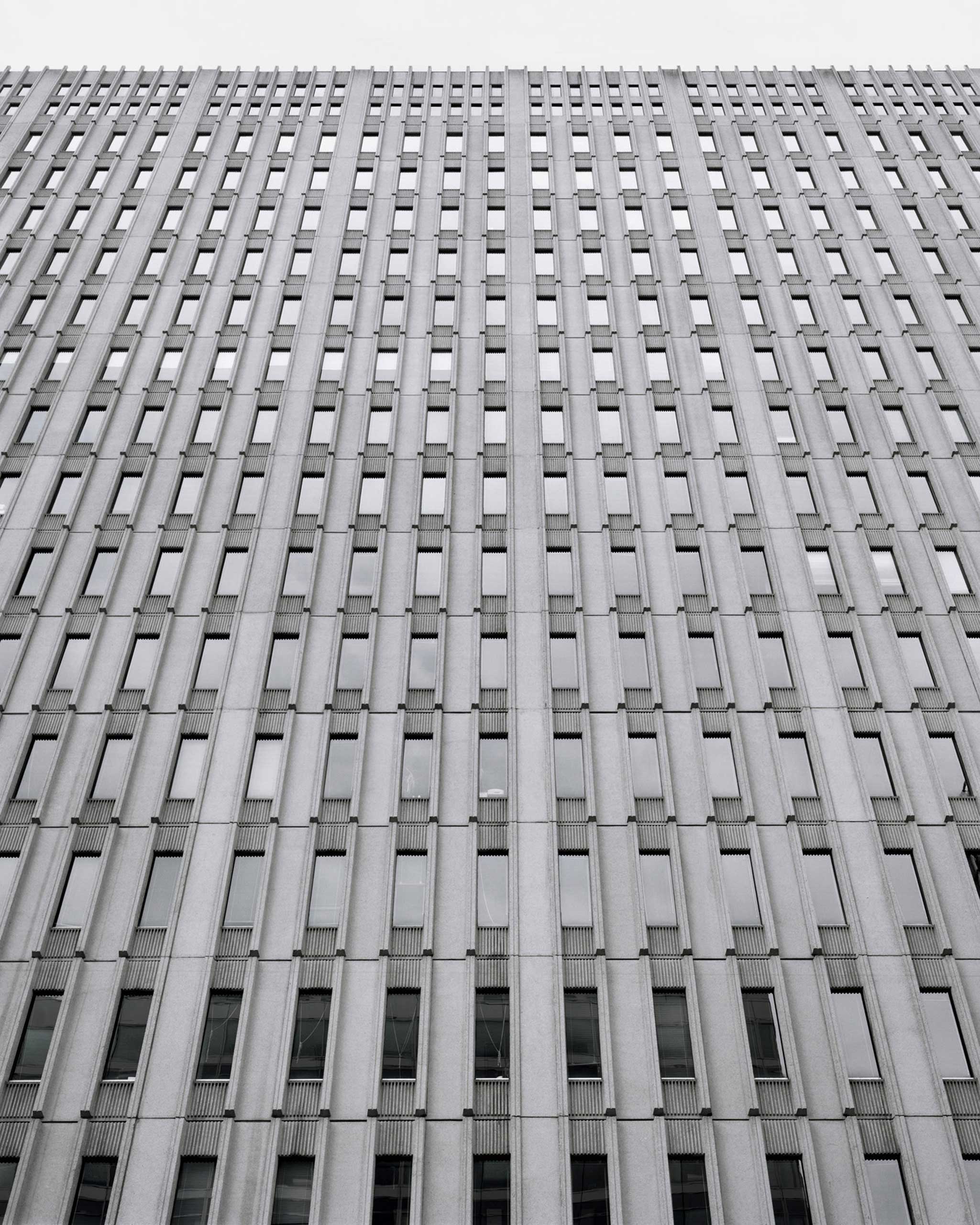
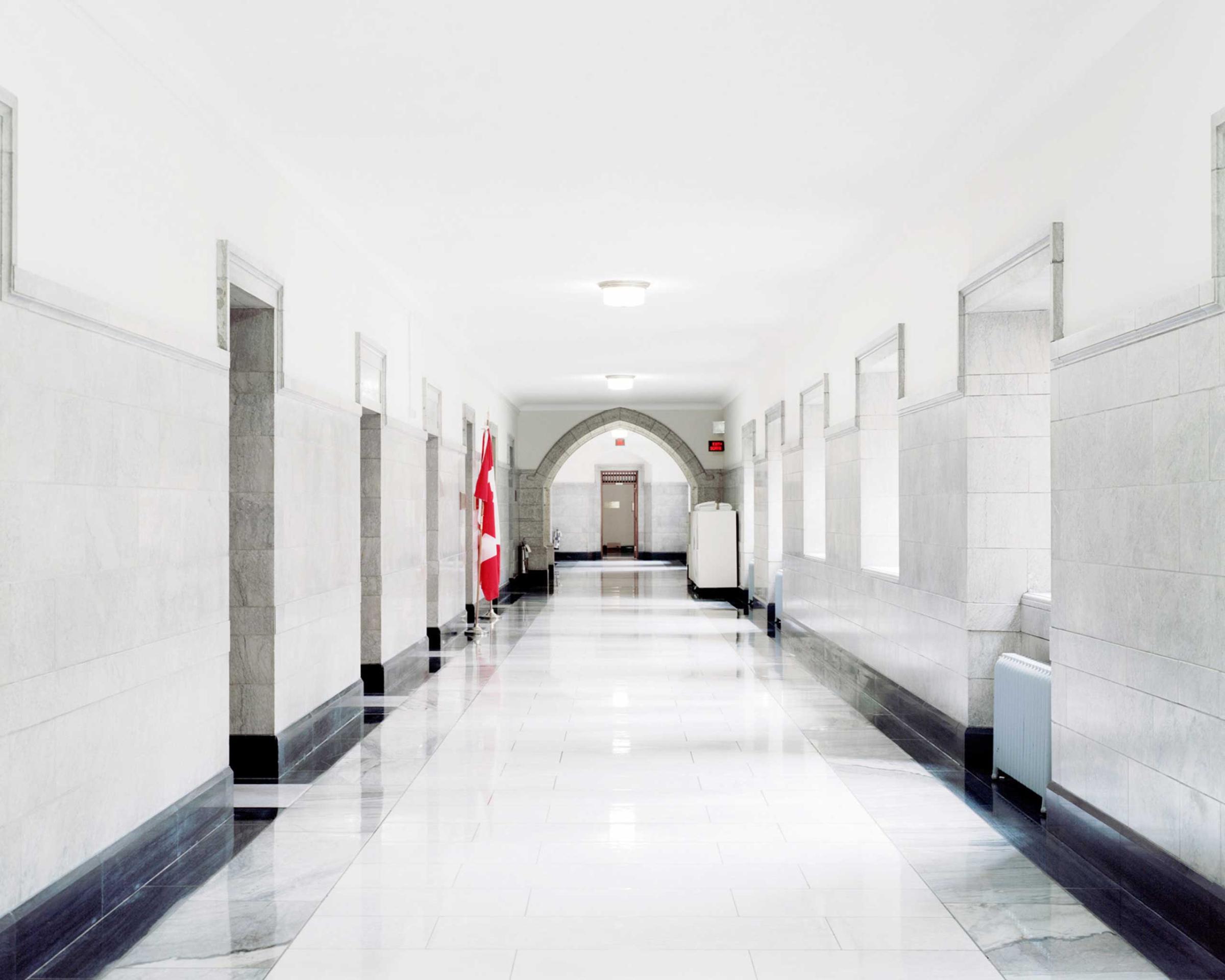
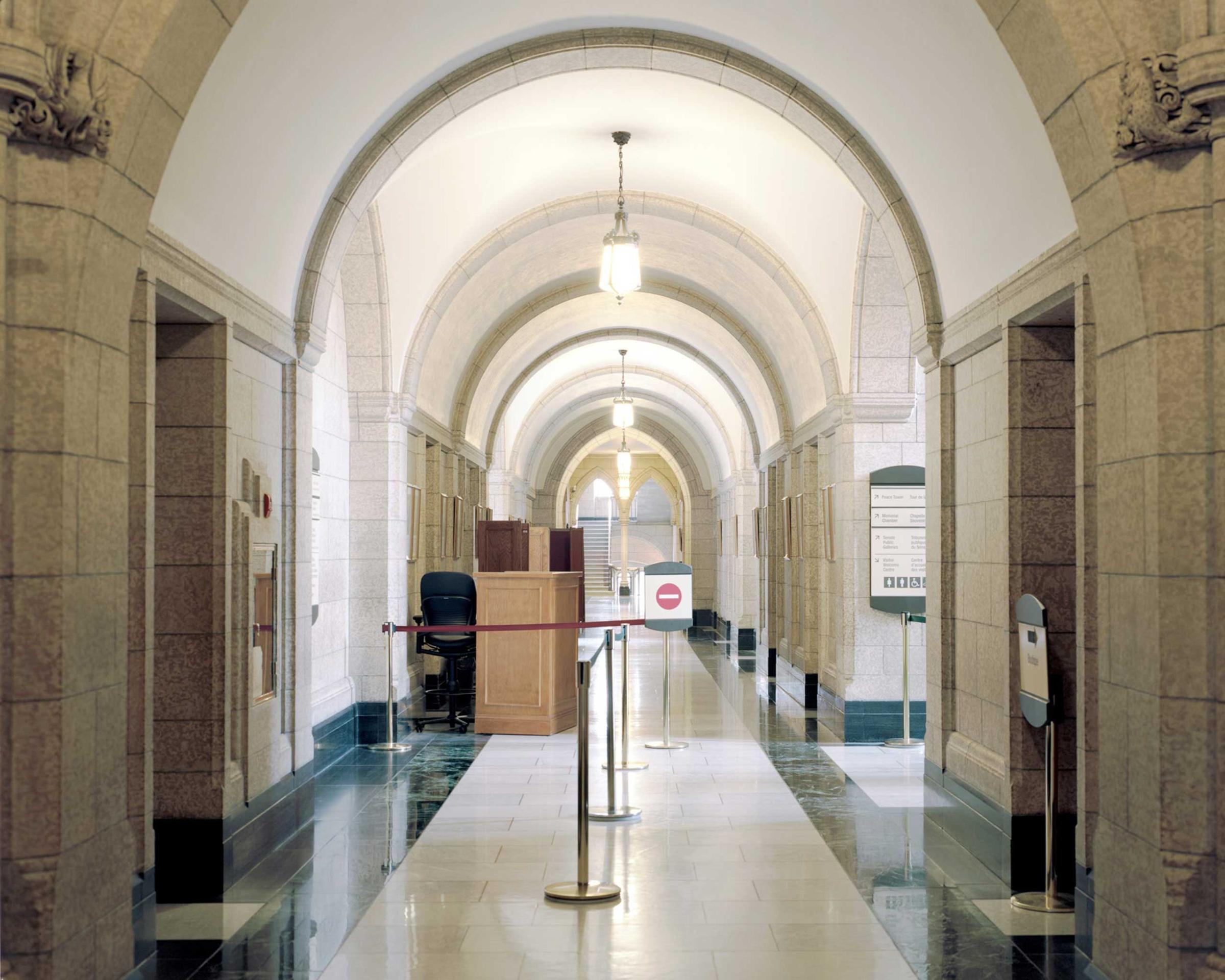
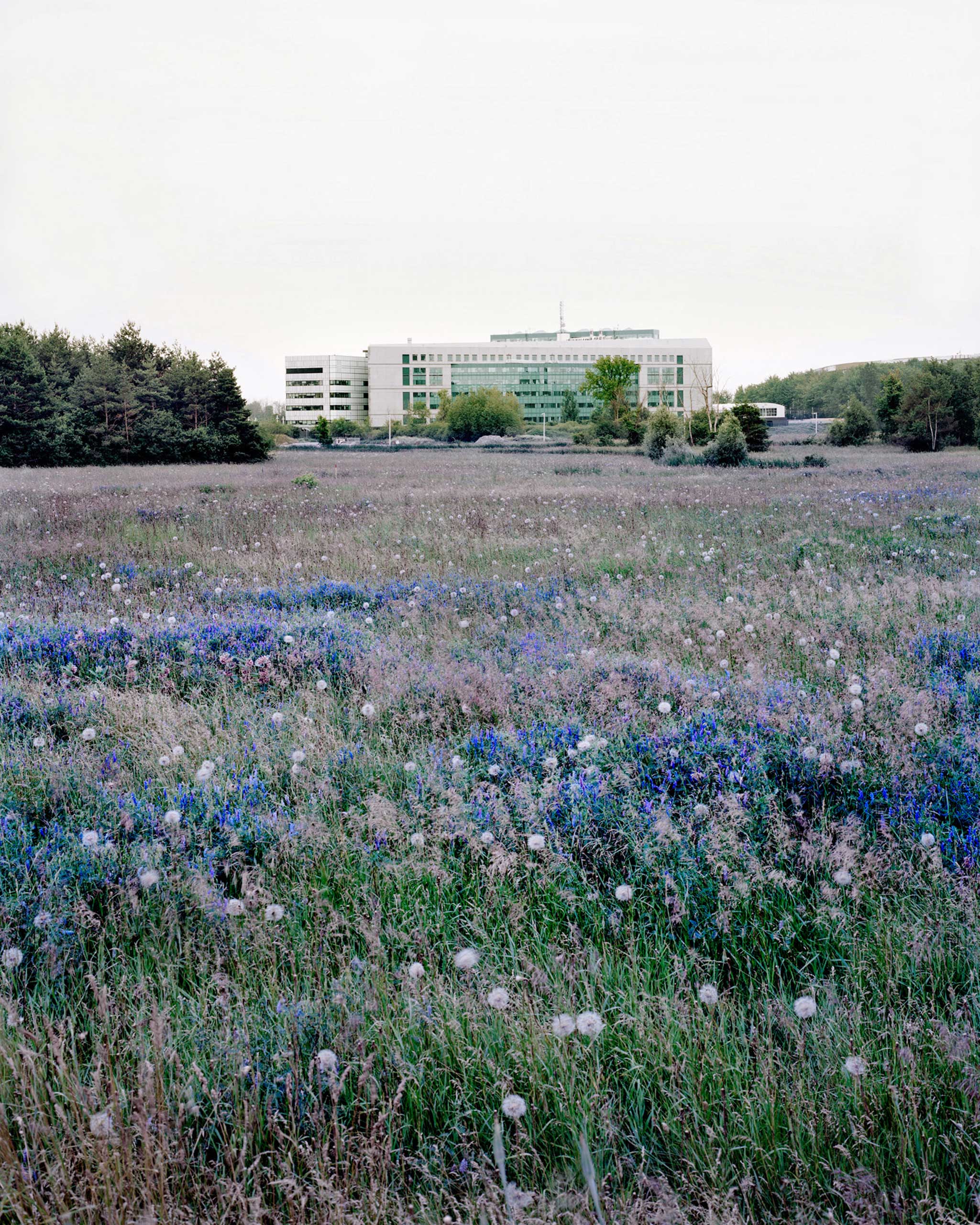
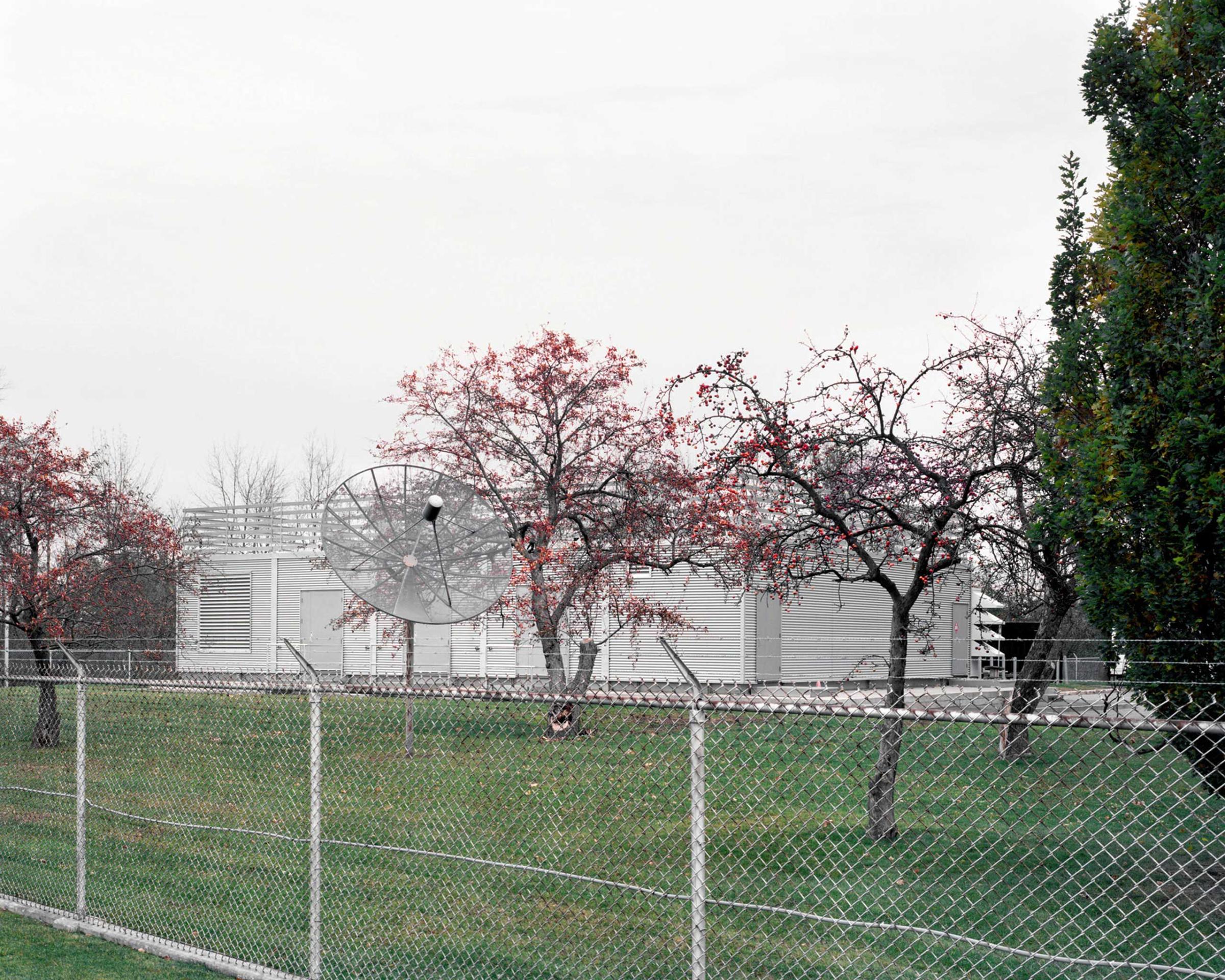
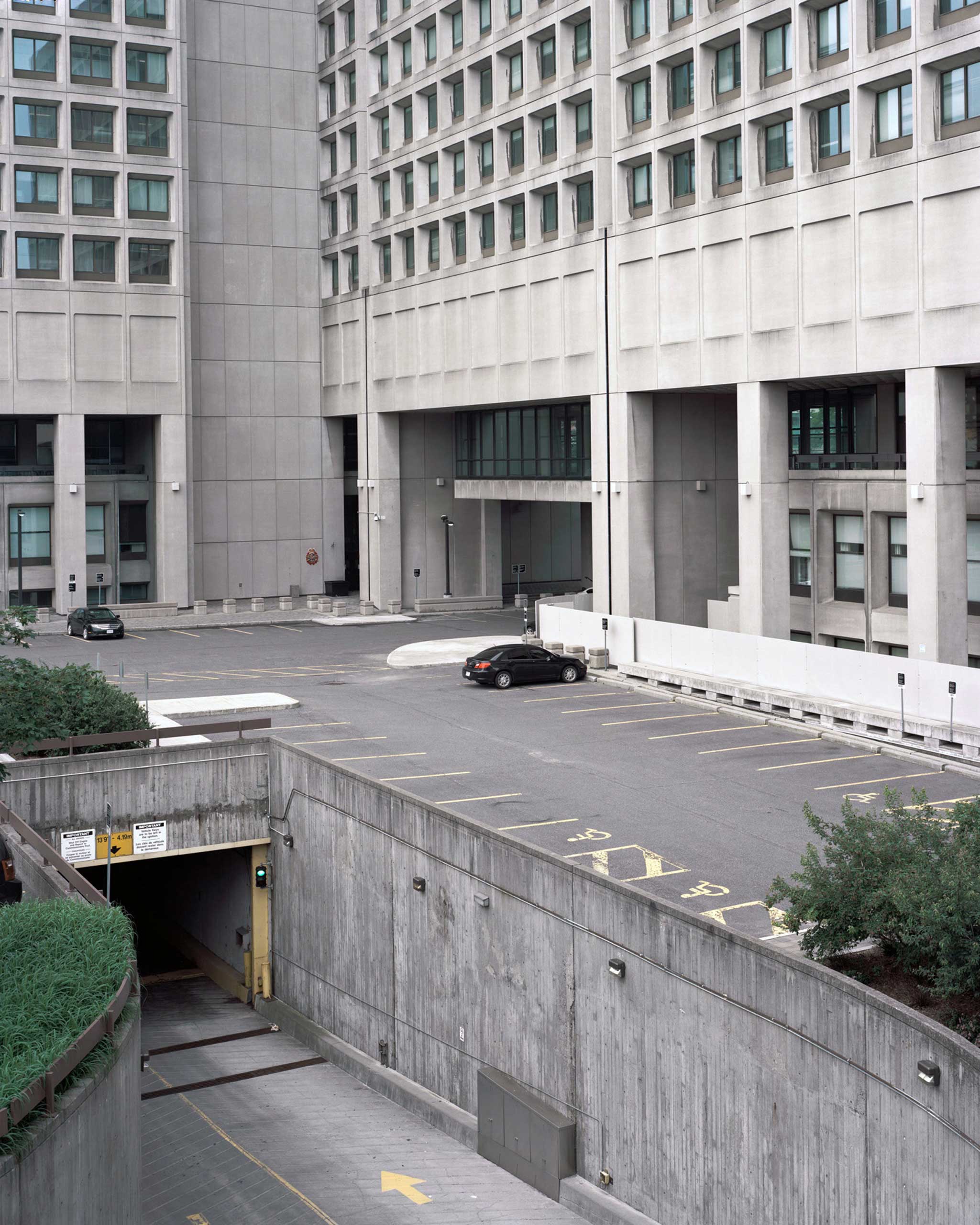
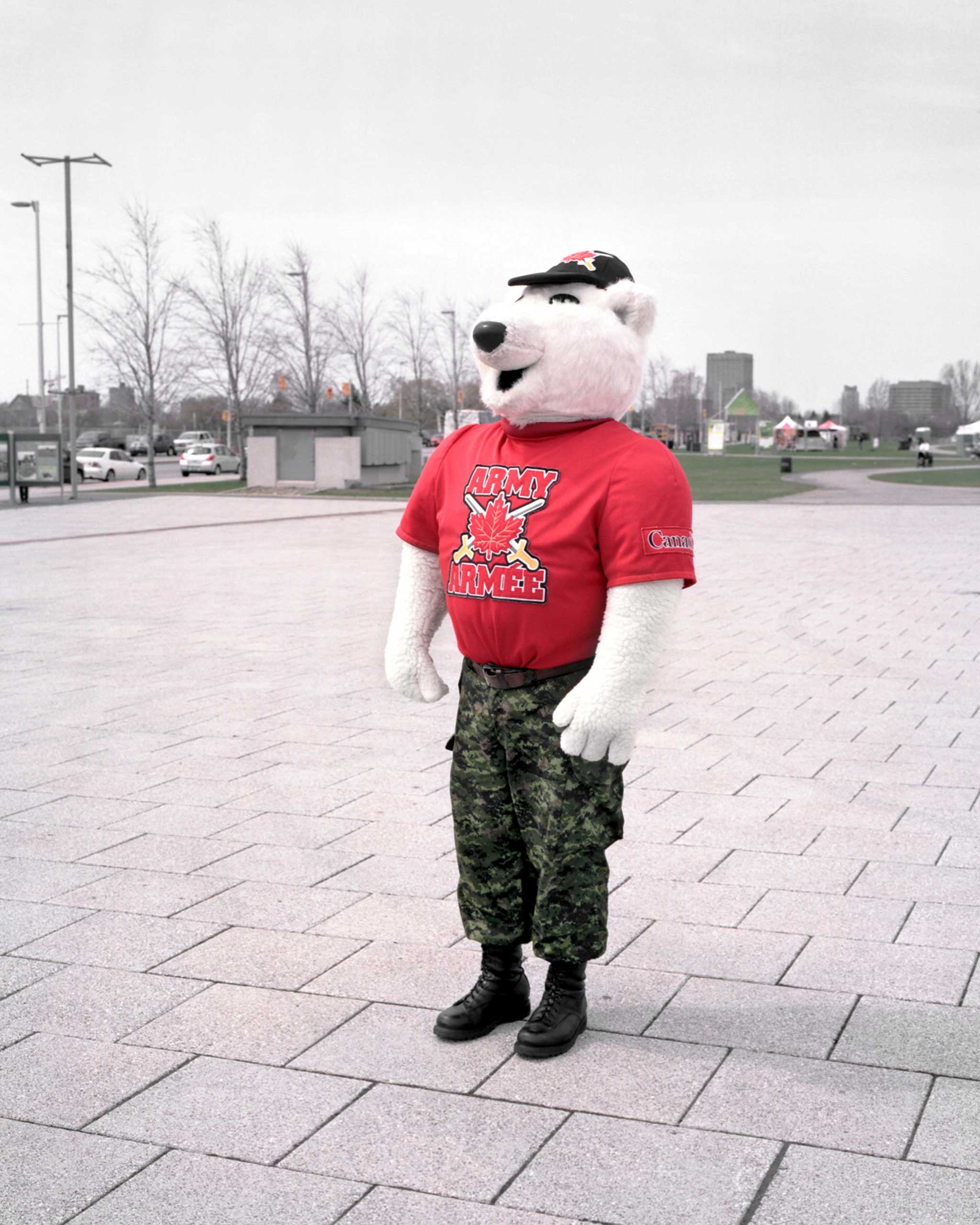
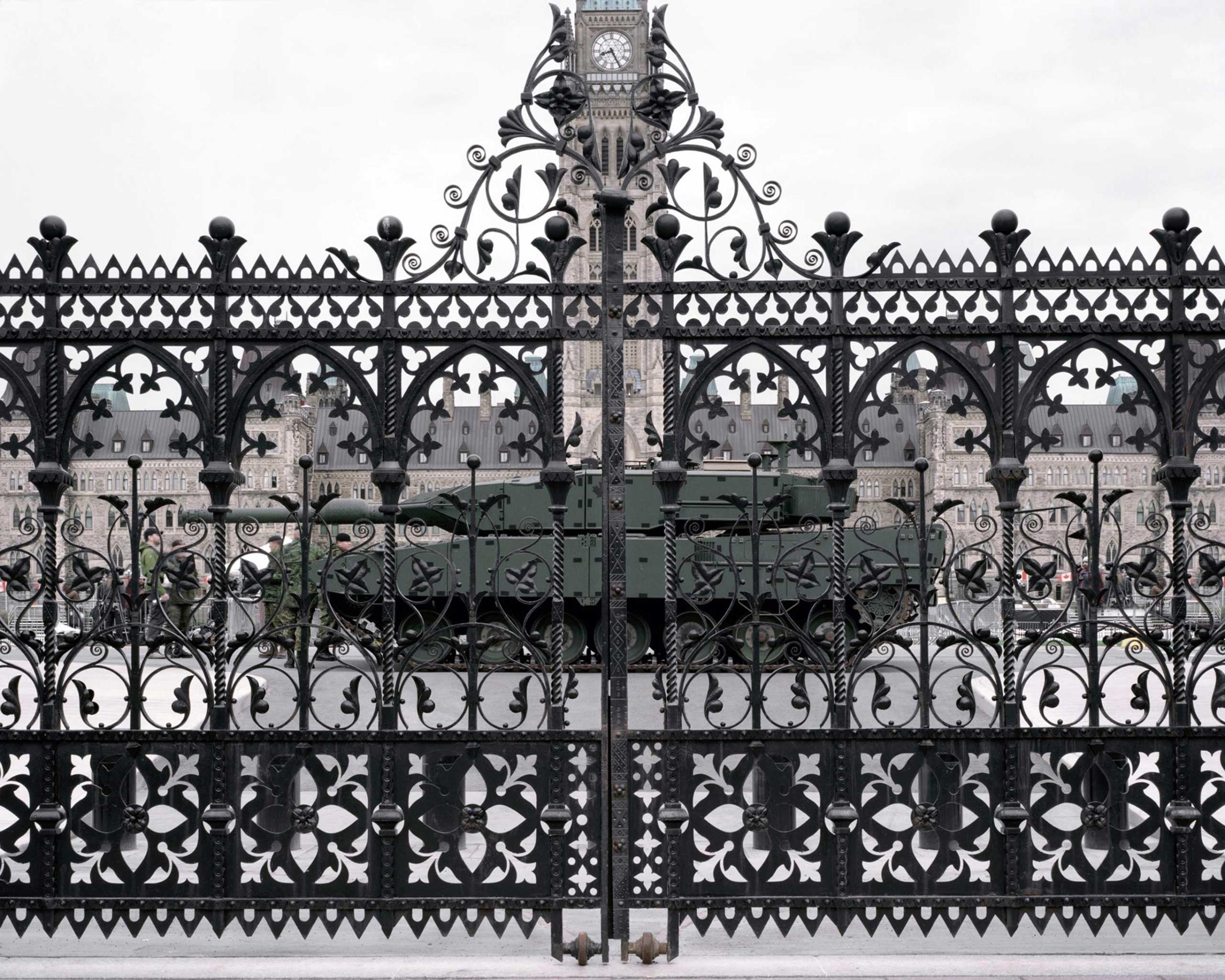
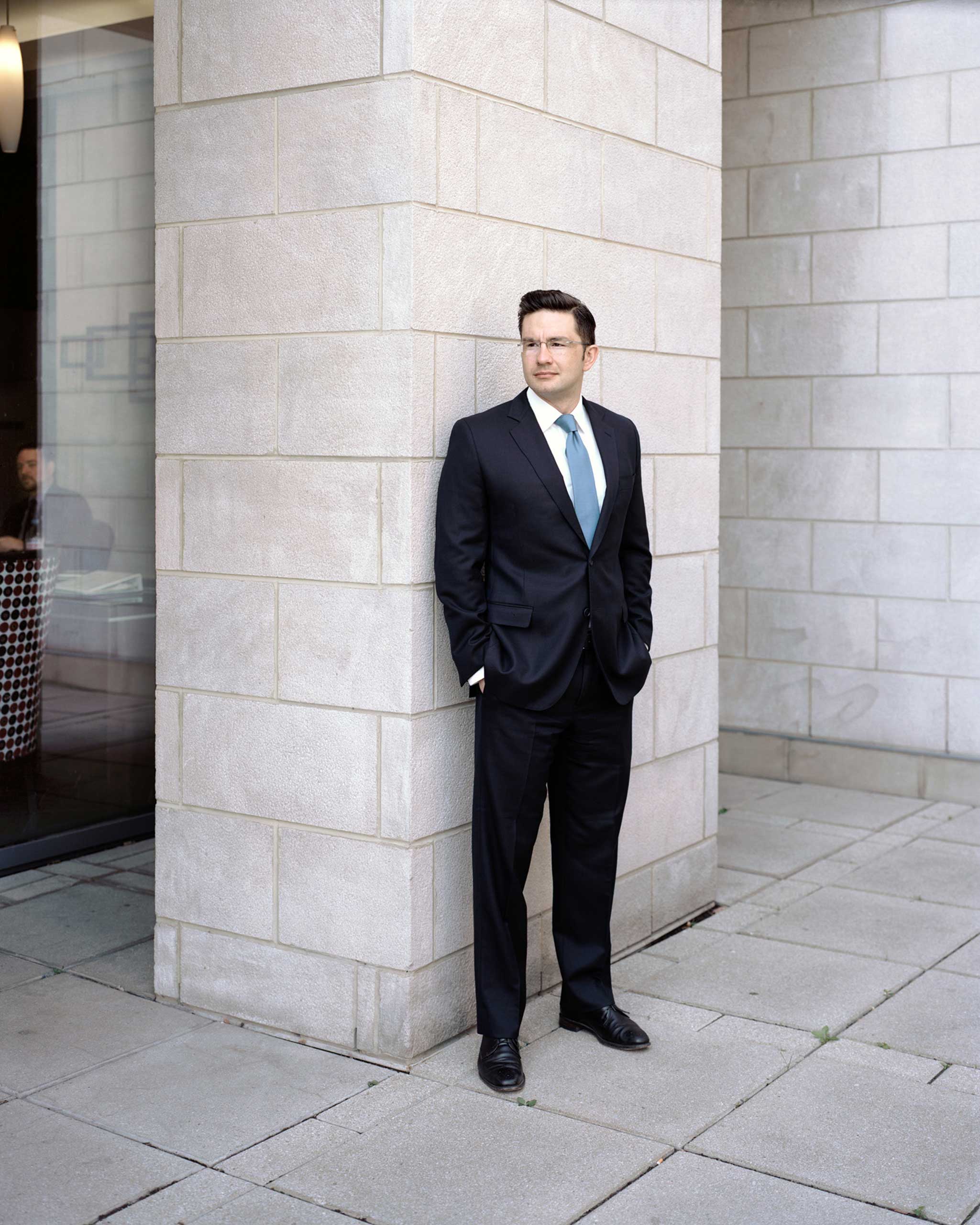
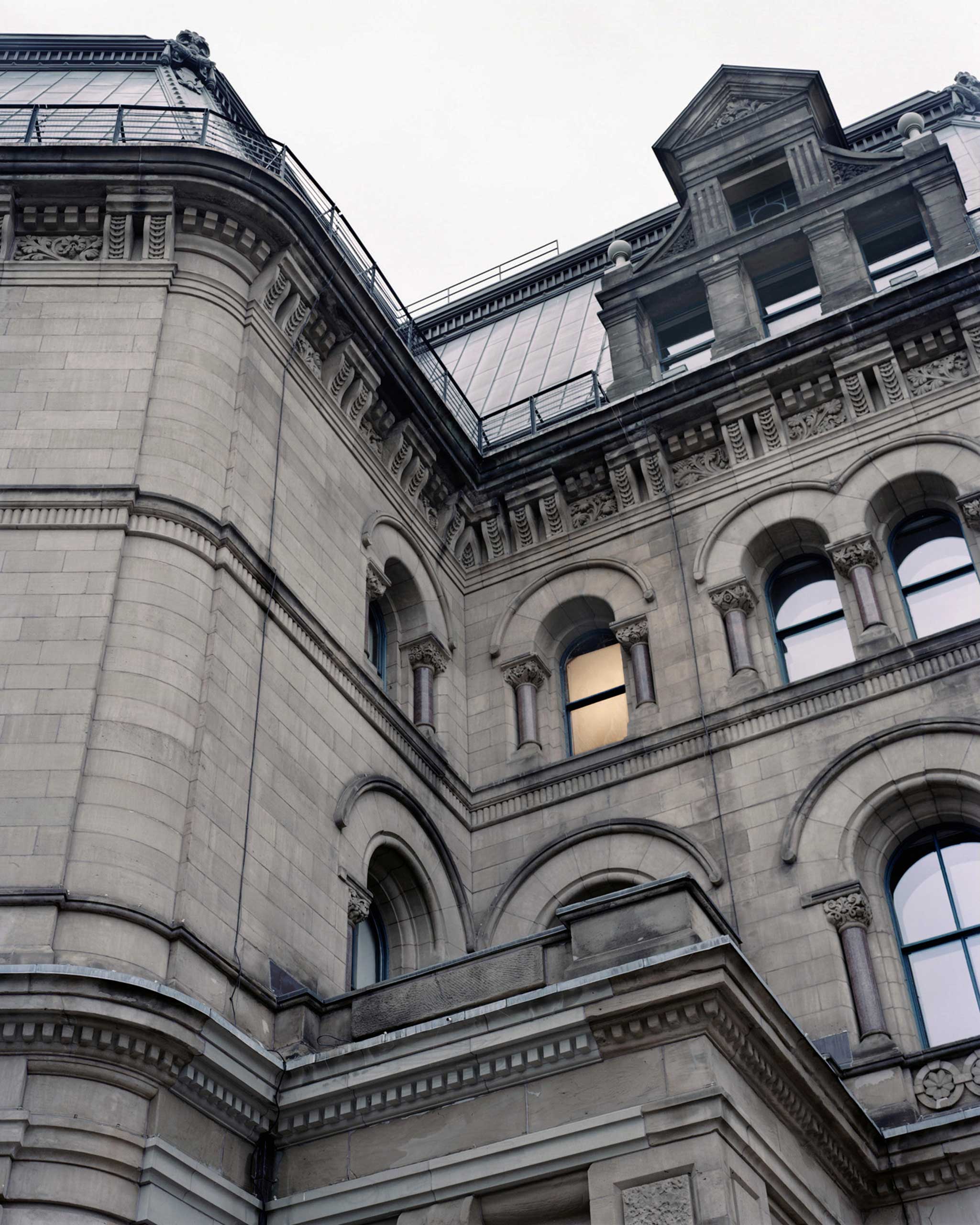
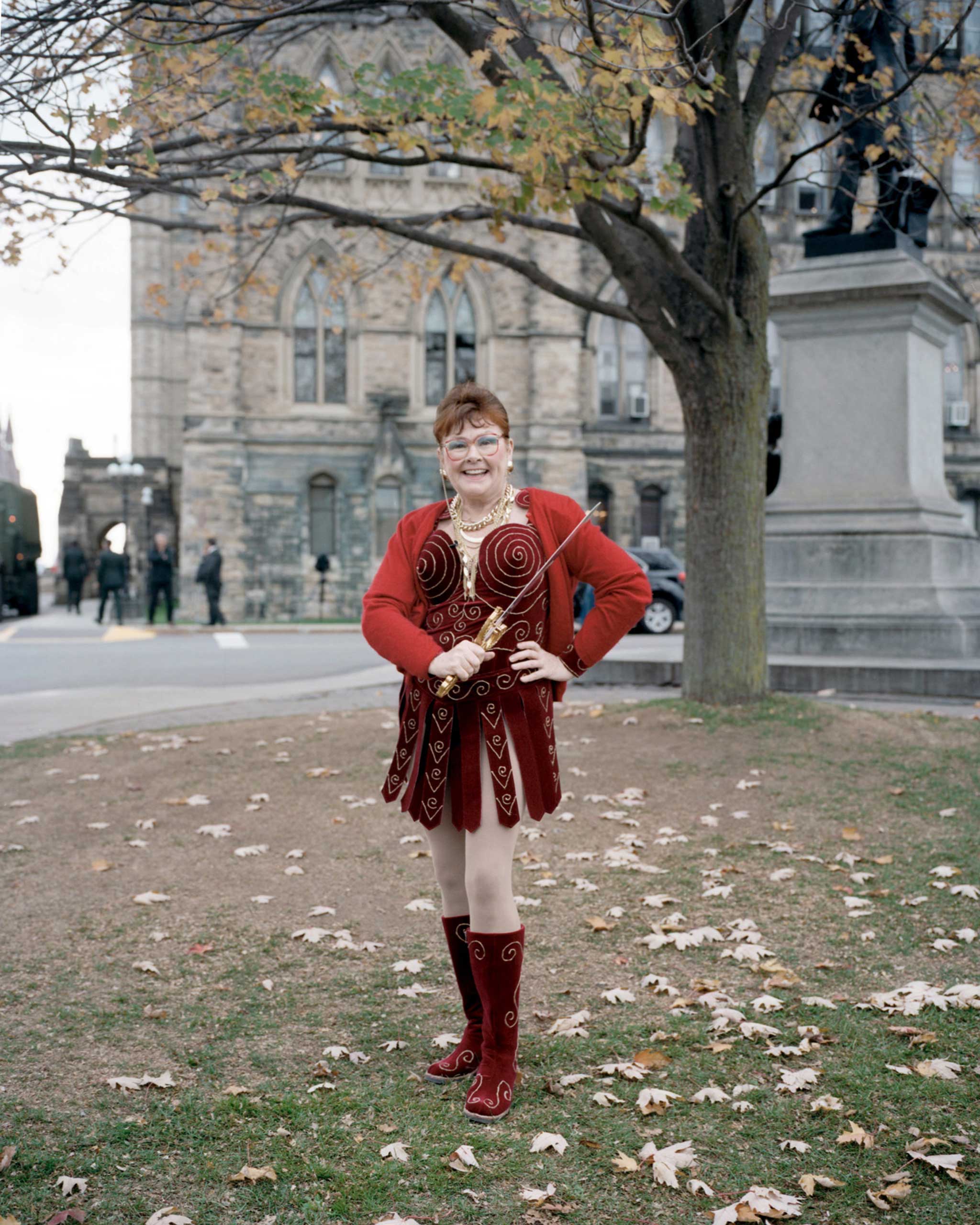
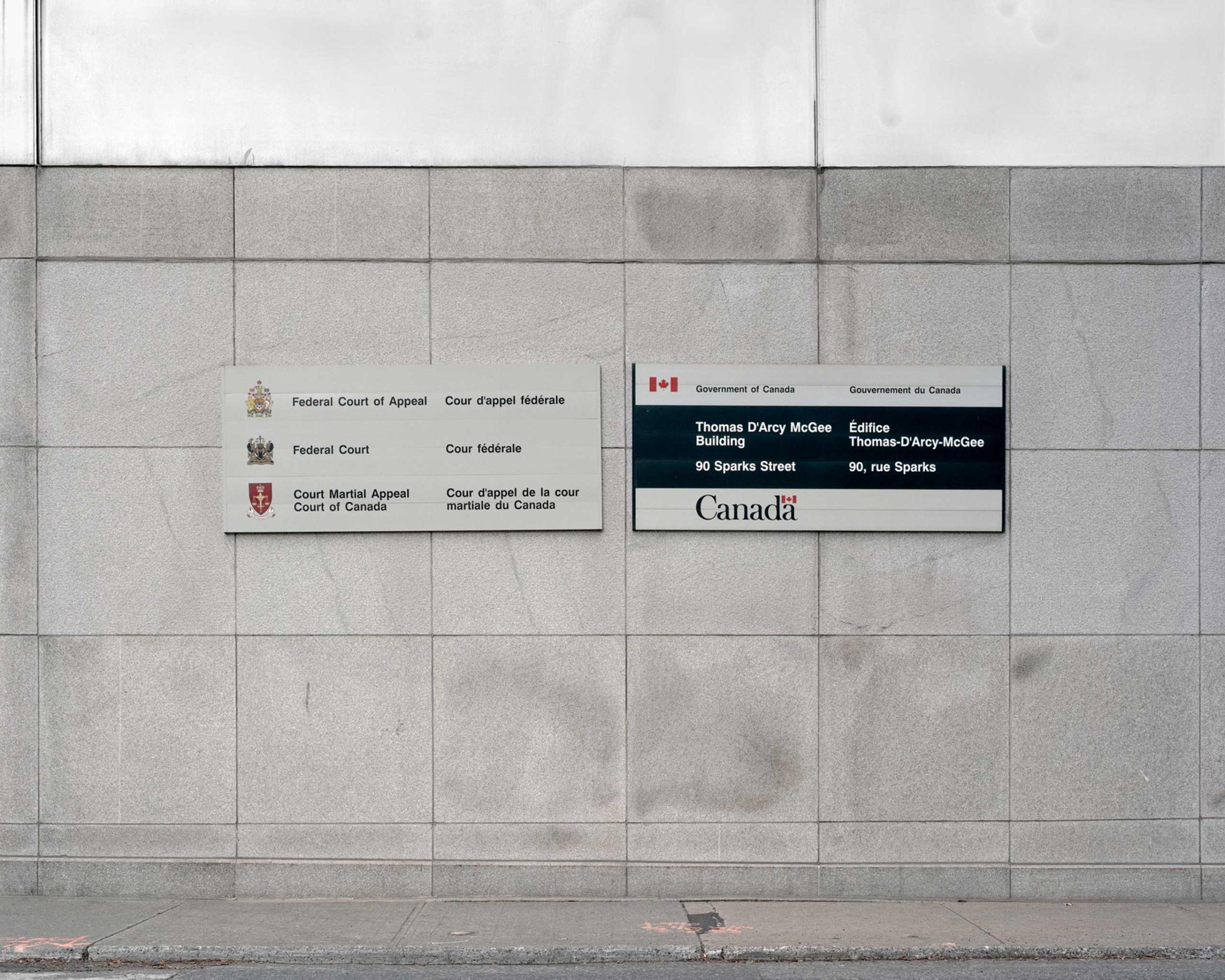
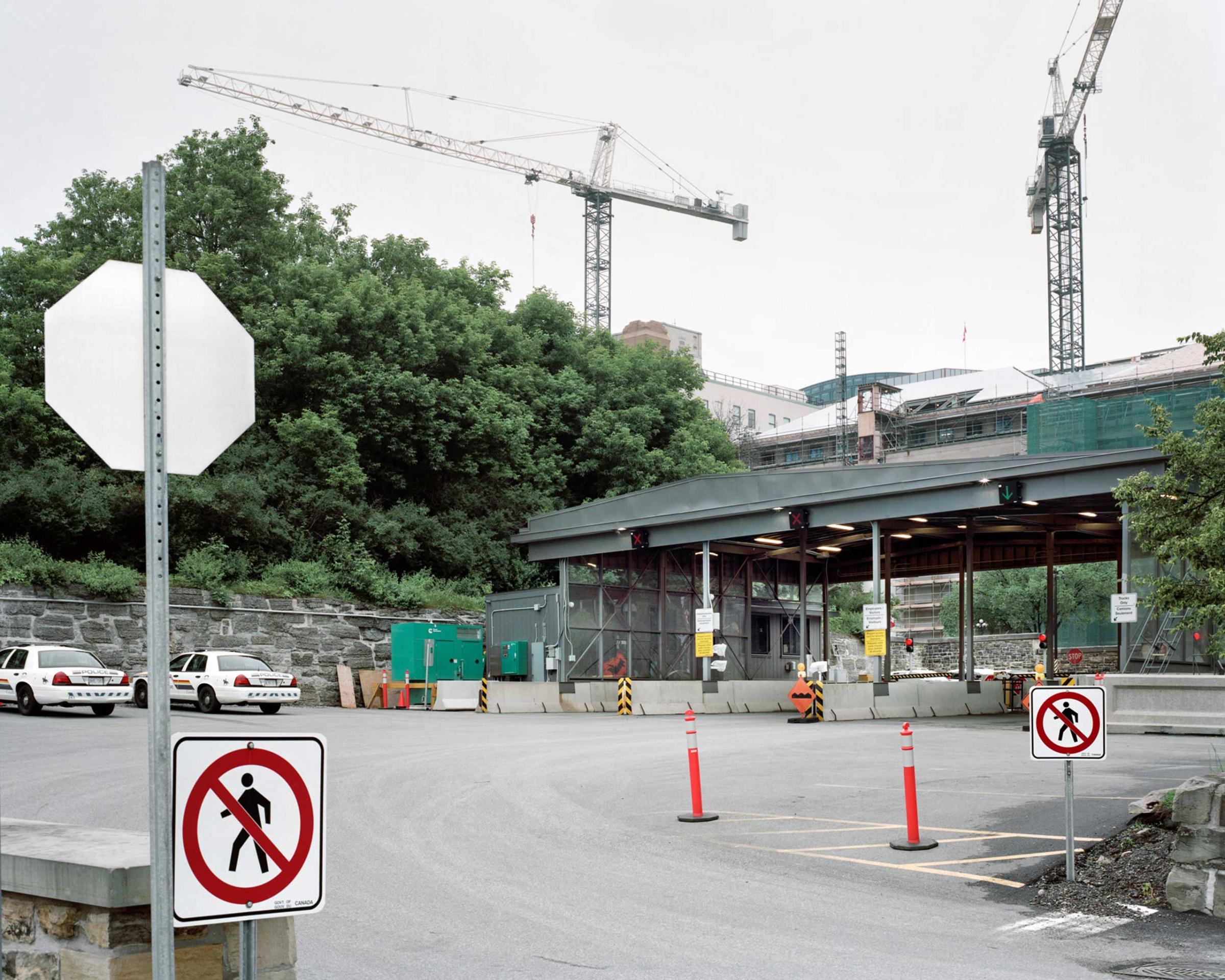
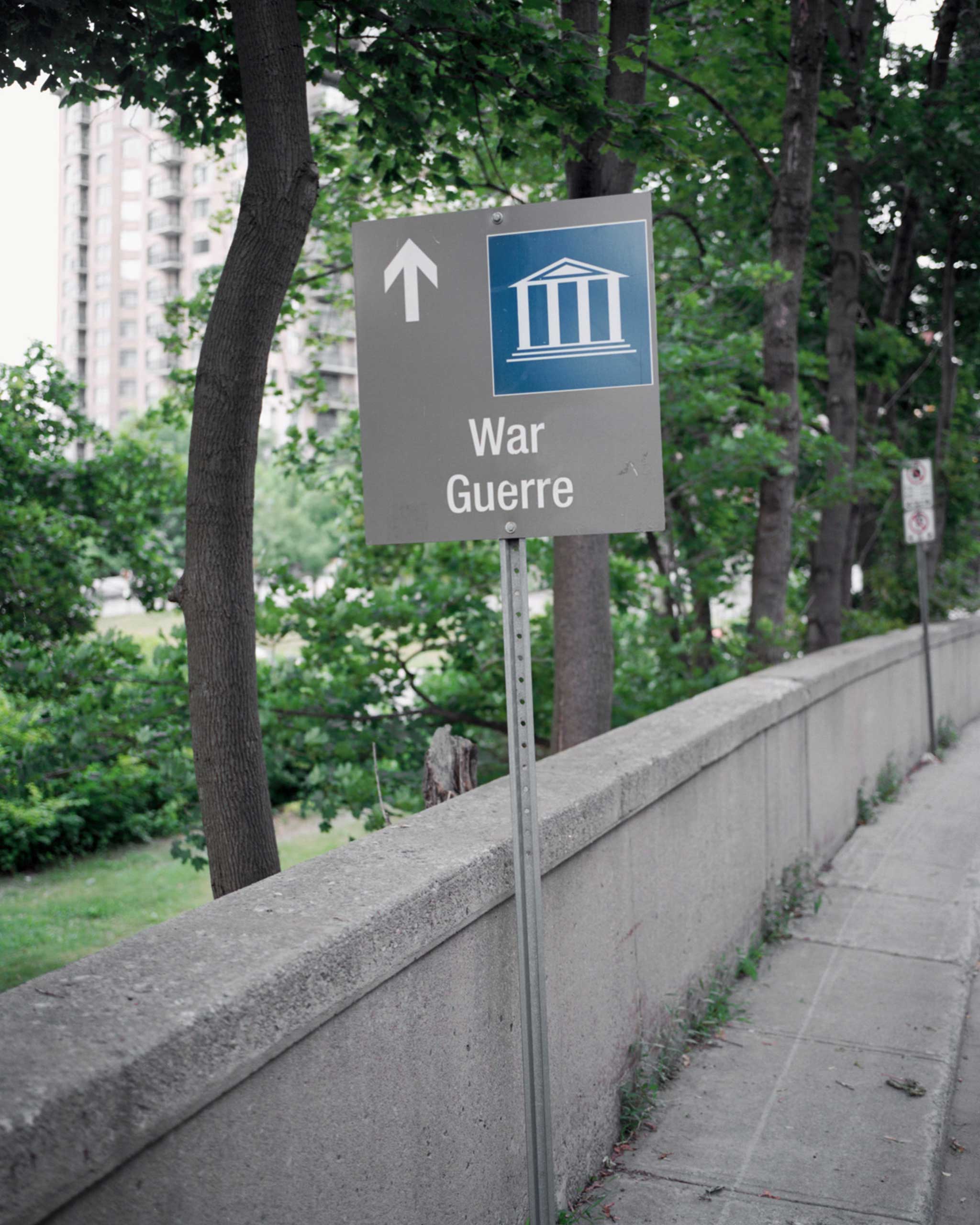
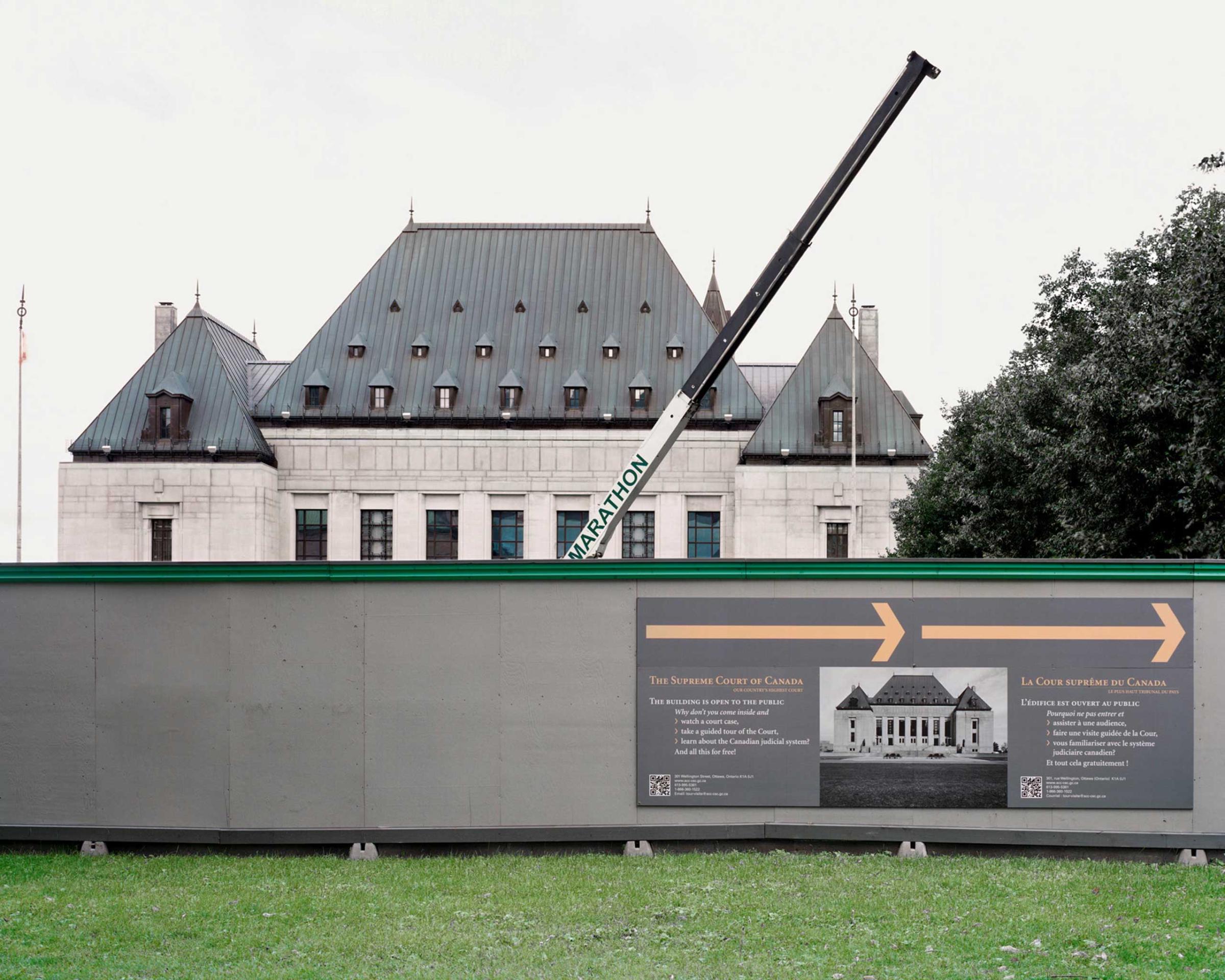
More Must-Reads from TIME
- Inside Elon Musk’s War on Washington
- Meet the 2025 Women of the Year
- The Harsh Truth About Disability Inclusion
- Why Do More Young Adults Have Cancer?
- Colman Domingo Leads With Radical Love
- How to Get Better at Doing Things Alone
- Cecily Strong on Goober the Clown
- Column: The Rise of America’s Broligarchy
Contact us at letters@time.com